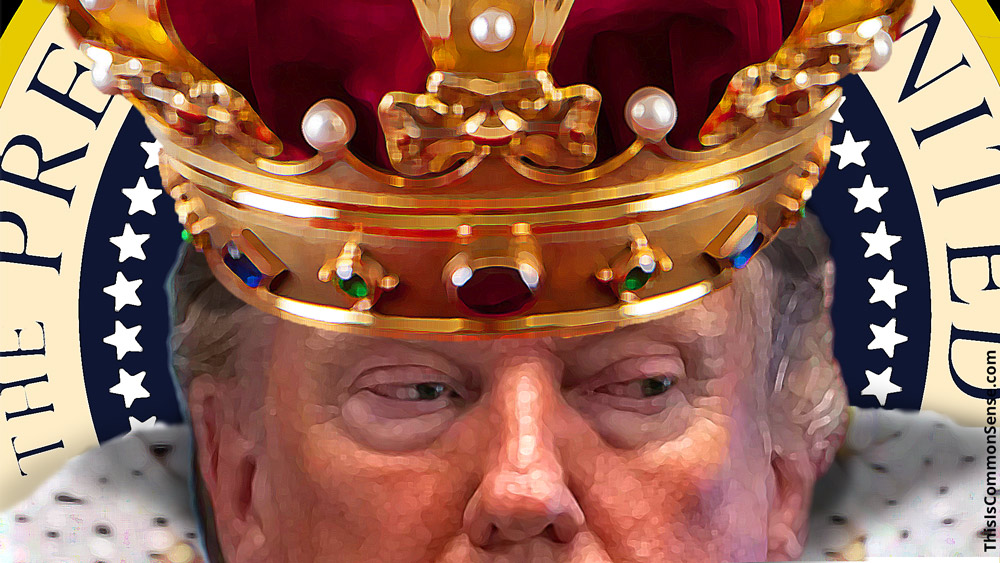“If it turns out that impeachment has no sting, has no bite,” exasperated Princeton University professor Eddie Glaude, Jr., speculated on Meet the Press, “and we are in the aftermath, what it will mean is that there will be an unlimited, an imperial, executive branch that can do whatever it wants to do.”*
Per the “imperial presidency, actually, that ship sailed a while ago,” the American Enterprise Institute’s Danielle Pletka quickly responded.
“I mean, it was a problem under George W. Bush. It was a growing problem under Obama. And it has come to its apotheosis under Donald Trump.”
There appears a left-right consensus among TV chatterers that, a Constitution of enumerated federal powers notwithstanding, the president can “do whatever [he] wants to do.”
But considering what we are learning about “the interagency” machinations to take down the current imperator, the imperial guard may be as big a problem.
Last week, Justice Department Inspector General Michael Horowitz released his report on the FBI’s investigation of the Trump campaign, code-named “Crossfire Hurricane.” Though the IG did not find conclusive evidence that political bias inspired the launch of the investigation, he did detail “many basic and fundamental errors” that “raised significant questions” . . . adding portentously, “we also did not receive satisfactory explanations for the errors or problems we identified.”
“[A]s as the probe went on,” reported The Washington Post, “FBI officials repeatedly decided to emphasize damaging information they heard about Trump associates, and play down exculpatory evidence they found.”
The evidence piles up: Washington is dangerously out of control, and our career-politician Congress can only muster to provide a constitutional check on the flimsiest grounds and partisan manner.
This is Common Sense. I’m Paul Jacob.
* Somehow Professor Glaude seems to have forgotten President Bill Clinton, who reached his highest ever public approval rating — 73 percent — in the aftermath of his 1998 impeachment by the then-Republican-controlled House. Been there, done that.

—
See all recent commentary
(simplified and organized)

